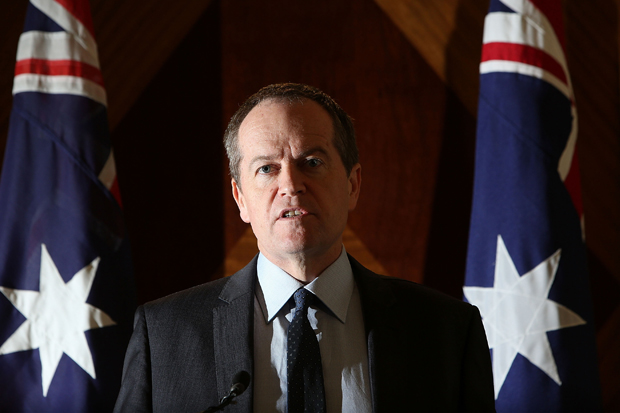Having recently moved to Melbourne’s leafy eastern suburbs from the wind-swept outer west, I wasted little time in pulling on the lycra to road-test the network of well-established cycling trails near my new home.
First ride out I was elated to discover what must surely be the Rolls Royce of cycling trails. Pristine sealed pathways, bridges, underpasses, solar-powered lighting for twilight commuters, comfy park furniture, and a large sign saying I’d paid for most of it. This section of the Gardiner’s Creek Trail was ‘stimulated’ into existence largely with funds from a 2009 Rudd Government program.
My elation turned to deflation with the twingeing of my hip pocket nerve. While no doubt improving the wellbeing of cycling enthusiasts, MAMILs (middle-aged men in lycra, like me) and other fitness enthusiasts, the millions (yes, millions!) spent on this over-engineered marvel hardly qualifies as a worthy expenditure in productivity or security that any serious national government would concern itself with. Add up all the similar such projects over six and a bit years of Rudd-Gillard governments and it’s no wonder their legacy was enormous debt and deficits.
Which leads me to wonder about the game Bill Shorten is playing. In contrast to the 2007-13 Coalition opposition, which accepted the Labor mandate to repeal and replace WorkChoices, or the Coalition oppositions of the ‘80s and ‘90s which constructively supported Labor-led economic reform, Shorten’s leadership has been altogether reactionary; flatly opposing every measure to fix Labor’s economic management, industrial relations, global warming and border protection failures. All this without offering any alternative approach for consideration.
Anchored by the assumption that there was nothing seriously wrong with the Rudd-Gillard policy agenda, only in its execution hampered by ego and in-fighting, “she’ll be right mate” seems the best summary of Shorten’s approach to Opposition and future government.
Fix the budget? What budget crisis? Repeal the carbon tax? Bring on the ETS! Stop the boats? End the secrecy! Investigate union corruption and thuggery? It’s a witch-hunt! Mend soured relations with the Indonesian President because a Labor government spied on him and his wife? It’s Tony Abbott’s fault.
Instead of looking seriously into why at the 2013 federal election Labor crashed to its lowest share of the primary vote since 1931, Shorten’s Labor has expended most of its energy in continuing to paint Abbott as a dangerous radical, which it has vainly tried since the latter’s ascension to the Liberal leadership in 2009.
Unlike John Howard, who Labor portrayed as the daggy conservative who would lead us in a great leap backward to a Menzian utopia of white picket fences and un-progressive attitudes, every attempt is being made to cast the Abbott Government as radical, unpredictable and chaotic, with the tough medicine of its first Budget as evidence.
Perversely, in this scenario Shorten has positioned himself, as Kevin Rudd did in 2007, as the genuine ‘conservative.’ In this he offers a return to the stable and established order of big government, big business and big unions that prevailed in the long Hawke-Keating and Rudd-Gillard years. Supported by the hint of continued lavish social spending and support for the US defence alliance, Shorten hopes this will be enough to mask the stench of the unions royal commission and turn voters against the Abbott Government’s perceived radicalism.
In his landmark Tamworth Manifesto which provided the basis for Britain’s Tories to remodel themselves as today’s Conservative Party, Sir Robert Peel stated that a key aim for this new conservatism was an acceptance of necessary reform, “the correction of proved abuses and the redress of real grievances,” while eschewing unnecessarily radical change.
In seeking to conserve so many unnecessary ‘reforms’ in the Rudd-Gillard platform, including carbon pricing, with no attempt to address any of the real grievances that led to Labor’s defeat in 2013, Shorten appears to be pinning his hopes on voters not seeing BS’16 as a poor, reheated version of Kevin ‘07.
Got something to add? Join the discussion and comment below.
Get 10 issues for just $10
Subscribe to The Spectator Australia today for the next 10 magazine issues, plus full online access, for just $10.
You might disagree with half of it, but you’ll enjoy reading all of it. Try your first month for free, then just $2 a week for the remainder of your first year.










Comments
Don't miss out
Join the conversation with other Spectator Australia readers. Subscribe to leave a comment.
SUBSCRIBEAlready a subscriber? Log in